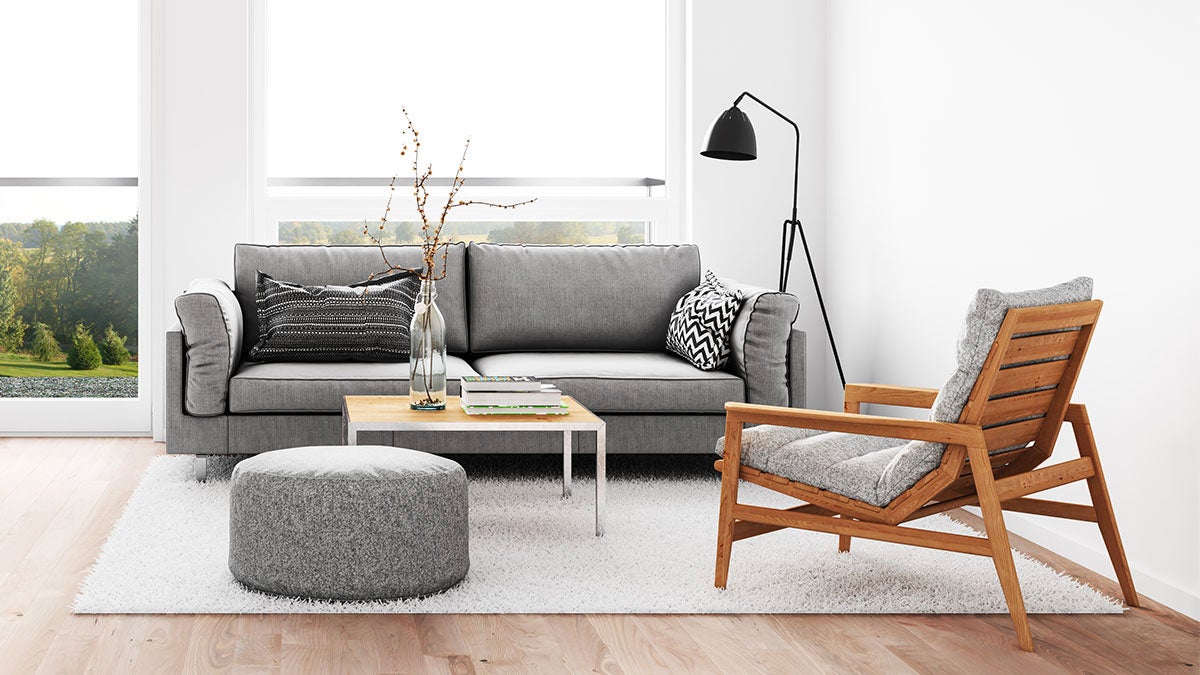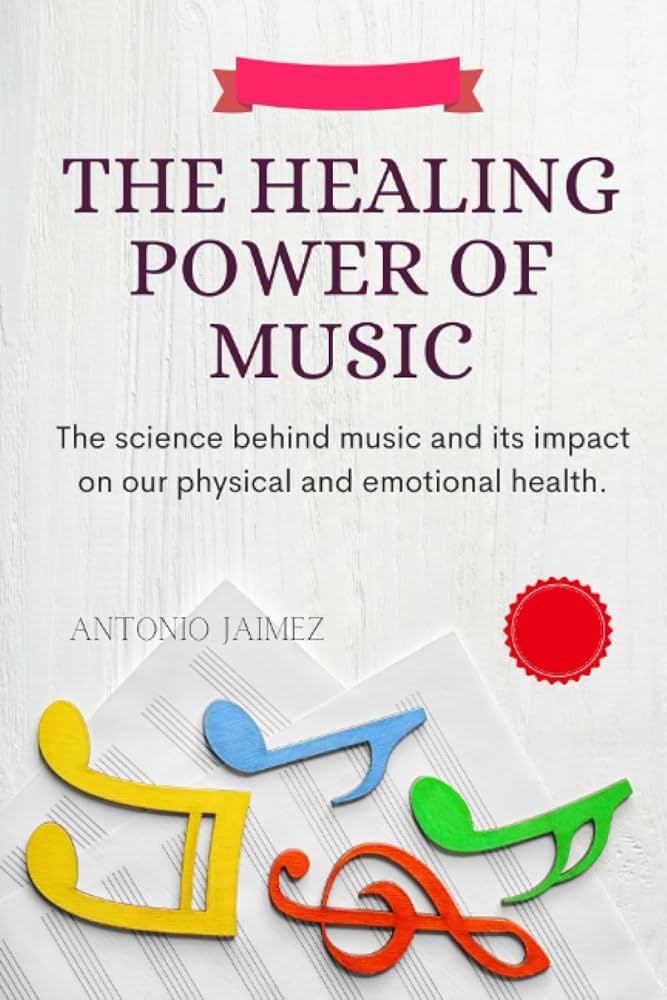The Benefits of Minimalist Living
Minimalist living reduces stress and promotes clarity. It helps save money and improves overall well-being.
Minimalist living focuses on simplifying life by reducing clutter and distractions. This approach encourages individuals to prioritize what truly matters, fostering a more intentional and meaningful lifestyle. Adopting minimalism can lead to increased mental clarity, reduced stress, and enhanced productivity.
It also promotes financial savings by curbing unnecessary purchases. Minimalist living encourages a sustainable lifestyle by reducing waste and consumption. Embracing minimalism can create a sense of freedom and contentment. It allows individuals to focus on experiences and relationships rather than material possessions. This lifestyle shift can significantly improve quality of life and overall happiness.
Introduction To Minimalist Living
Minimalist living is about simplifying your life. It involves removing the unnecessary. You focus on what truly matters. This lifestyle brings many benefits. It can lead to more happiness and less stress.
What Is Minimalism?
Minimalism is a way of life. It means having fewer things. You keep only what you need. This can be clothes, toys, or even furniture. The goal is to live with less clutter. This makes your life more peaceful.
History And Origins
Minimalism is not new. It started long ago. Many cultures practiced it. For example, Zen Buddhism values simplicity. The modern minimalist movement began in the 1960s. It became popular in art and design. Today, many people follow this lifestyle.
| Culture | Principle |
|---|---|
| Zen Buddhism | Simplicity |
| Modern Minimalism | Less is More |
- More time for important things
- Less stress and anxiety
- Better focus and productivity
- Identify unnecessary items
- Remove clutter
- Keep only what you need
What is Minimalism?
Minimalism is a way of life.
Mental Health Benefits
Minimalist living can greatly improve your mental well-being. It helps in creating a peaceful environment. This lifestyle reduces clutter, leading to a clearer mind. Explore the mental health benefits of minimalist living below.
Reduced Stress
Living with less can significantly reduce stress. A cluttered space often leads to a cluttered mind. Removing unnecessary items can create a calm environment. This calmness can decrease daily stress levels.
Minimalism encourages intentional living. You focus only on what truly matters. This can help reduce the anxiety of managing too many things. A simplified life can lead to a more relaxed state of mind.
Improved Focus
A minimalist lifestyle can improve focus. Fewer distractions allow you to concentrate better. A clean space can help you stay on task. This can boost productivity and efficiency.
Minimalism promotes mindfulness. You become more aware of your surroundings. This awareness can help you maintain focus on important tasks. By removing excess, you create space for clarity and purpose.
Physical Health Benefits
Minimalist living isn’t just about decluttering your home; it offers several physical health benefits too. Embracing a minimalist lifestyle can lead to better sleep, healthier eating habits, and overall improved well-being. Let’s explore how minimalist living can positively impact your physical health.
Better Sleep
Clutter in your bedroom can impact your sleep quality. A tidy, minimalist bedroom promotes a calm and restful atmosphere. With fewer distractions, your mind can relax more easily, leading to better sleep. Decluttering your sleep space reduces stress and anxiety, allowing you to enjoy a deeper, more restorative sleep.
Consider these tips for a minimalist bedroom:
- Keep surfaces clear and clean.
- Use soft, neutral colors.
- Limit electronics in the bedroom.
Healthier Eating Habits
A minimalist lifestyle can also improve your eating habits. With fewer distractions in your kitchen, you can focus more on preparing healthy meals. A clutter-free kitchen encourages you to cook at home, using fresh ingredients and mindful recipes.
Benefits of a minimalist kitchen include:
| Benefit | Description |
|---|---|
| Organized Pantry | Easy to find healthy ingredients. |
| Less Processed Foods | Focus on whole, nutritious foods. |
| Mindful Eating | Enjoy meals without distractions. |
Embrace these simple steps for a minimalist kitchen:
- Declutter your pantry.
- Prioritize fresh, whole foods.
- Limit kitchen gadgets to essentials.
Minimalist living not only declutters your space but also brings numerous physical health benefits. By simplifying your environment, you can enjoy better sleep and healthier eating habits, leading to a more balanced and fulfilling life.
Financial Advantages
Minimalist living offers many financial advantages. Embracing simplicity can lead to significant savings and reduce financial stress. Here are some key financial benefits of minimalist living:
Saving Money
Minimalism encourages cutting out unnecessary purchases. This lifestyle reduces impulse buying and focuses on essentials. By prioritizing needs over wants, you can save a substantial amount of money.
Consider the following ways minimalism helps in saving money:
- Reduced utility bills: Fewer possessions mean less space needed, leading to smaller homes and lower utility costs.
- Lower maintenance costs: Owning fewer items reduces the need for repairs and replacements.
- Decreased spending on non-essentials: Minimalists often avoid spending on fashion trends and gadgets.
Avoiding Debt
Minimalism promotes living within your means. By spending less, you can avoid accumulating debt.
Here are some key points on how minimalism helps in avoiding debt:
- Focus on essentials: Minimalists prioritize buying only what they truly need.
- Improved financial planning: Embracing minimalism often leads to better budgeting and financial awareness.
- Less reliance on credit: With reduced spending, there is less need to rely on credit cards or loans.
| Financial Advantages | Minimalist Impact |
|---|---|
| Saving Money | Reduces impulse buying and focuses on essentials. |
| Avoiding Debt | Promotes living within your means and financial planning. |
Environmental Impact
Minimalist living is not only good for the soul. It also benefits the environment. By reducing consumption and waste, we help protect our planet. Let’s explore the environmental impact of minimalist living.
Lower Carbon Footprint
Minimalist living helps lower your carbon footprint. Owning fewer items means less energy used in production. This leads to fewer greenhouse gases released into the atmosphere.
Additionally, minimalists often choose public transportation over cars. This further reduces carbon emissions. Walking or biking to places also helps keep the air cleaner.
Here are some ways minimalism lowers your carbon footprint:
- Less energy used in manufacturing
- Reduced need for transportation
- Fewer products ending up in landfills
Sustainable Living
Minimalist living promotes sustainable living. By choosing quality over quantity, you buy items that last longer. This reduces the need for frequent replacements.
Minimalists often prefer eco-friendly products. These items are made from sustainable materials and have a lower environmental impact.
Let’s look at some sustainable living practices:
| Practice | Environmental Benefit |
|---|---|
| Using reusable bags | Reduces plastic waste |
| Buying second-hand items | Saves resources and energy |
| Composting food scraps | Enriches soil naturally |
By adopting these practices, you help create a greener planet. Minimalist living makes sustainable choices easier and more rewarding.

Credit: www.1800gotjunk.com
Improved Relationships
Minimalist living can significantly improve your relationships. By focusing on what truly matters, you can build deeper connections with loved ones.
Quality Time With Loved Ones
Minimalism encourages spending more time with family and friends. Without clutter, you have fewer distractions. You can engage in meaningful activities together.
- Play board games
- Go for walks
- Cook meals together
These shared experiences foster stronger bonds and create lasting memories.
Enhanced Communication
Minimalist living helps improve communication. With fewer distractions, you can focus on conversations. This leads to better understanding and empathy.
Here are some ways to enhance communication:
- Listen actively
- Maintain eye contact
- Ask open-ended questions
These practices ensure you connect on a deeper level, enhancing your relationships.
Enhanced Productivity
Minimalist living can significantly enhance productivity. By focusing on what truly matters, individuals find more time and energy for important tasks. The simplicity of a minimalist lifestyle helps clear the mind, leading to better focus and efficiency.
Eliminating Distractions
Distractions hinder productivity. A minimalist environment reduces these distractions. With fewer items around, there is less to clean and organize. This saves time and energy.
Consider these benefits of reducing distractions:
- Increased focus on tasks
- Less stress from clutter
- More time for important activities
By having a tidy and organized space, the mind feels clearer. This leads to enhanced productivity.
Goal Setting
Minimalist living helps in setting clear goals. With fewer distractions, you can focus on what truly matters. This clarity allows for better goal setting and achievement.
Here are some steps to set effective goals:
- Identify your main priorities.
- Break down goals into smaller tasks.
- Track progress regularly.
- Adjust goals as needed.
By following these steps, you can achieve more in less time. Minimalist living provides the clarity needed to set and achieve these goals.

Credit: www.behance.net
Tips For Starting Minimalist Living
Minimalist living can change your life. It brings more clarity and peace. Here are some tips to help you start your minimalist journey.
Decluttering Your Home
Start by decluttering your home. Focus on one room at a time. Sort your items into three piles: keep, donate, and discard.
- Keep: Items you use daily or bring joy.
- Donate: Items in good condition but no longer needed.
- Discard: Broken or unusable items.
Organize the items you keep. Use bins and labels. Make sure everything has its place. This reduces clutter and stress.
Mindful Purchasing
Be mindful when buying new items. Ask yourself if you truly need it. Avoid impulsive purchases.
- Make a shopping list before you go out.
- Stick to the list to avoid buying extra items.
- Choose quality over quantity. Opt for durable and long-lasting items.
This practice saves money and keeps your home clutter-free. Remember, less is more. Enjoy the freedom minimalist living offers.
Challenges And Solutions
Minimalist living brings many benefits. But it also has challenges. Overcoming these obstacles is essential for success. Here, we explore common challenges and offer solutions.
Overcoming Attachment
Attachment to items can be strong. Letting go feels hard. But it’s possible with the right steps.
- Identify Important Items: Make a list of essential items. Keep only those.
- Use the 90/90 Rule: If you haven’t used it in 90 days, and won’t in 90 days, let it go.
- Start Small: Begin with one room. Then move to others.
These steps help ease the process. You gain confidence with each step.
Maintaining Consistency
Consistency is key in minimalist living. Staying consistent can be tough. But with these tips, it’s manageable.
- Set Clear Goals: Define what minimalism means for you. Write down your goals.
- Create a Routine: Establish daily habits. For example, declutter for 10 minutes each day.
- Regular Check-ins: Evaluate progress monthly. Adjust as needed.
These practices ensure you stay on track. Minimalist living becomes a part of your life.

Credit: www.linkedin.com
Conclusion
Embracing minimalist living can lead to a more fulfilling and stress-free life. It promotes clarity, focus, and happiness. By simplifying your surroundings, you can enjoy increased productivity and peace of mind. Start your minimalist journey today and experience these transformative benefits.
Simplify to amplify your life’s true essence.





